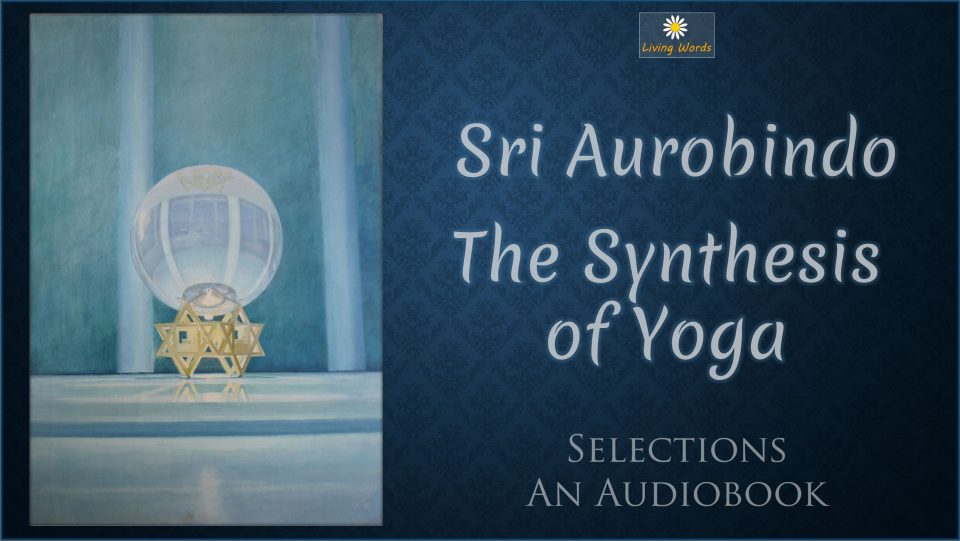Yogic methods have something of the same relation to the customary psychological workings of man as has the scientific handling of the force of electricity or of steam to their normal operations in Nature. And they, too, like the operations of Science, are formed upon a knowledge developed and confirmed by regular experiment, practical analysis and constant result. All Rajayoga, for instance, depends on this perception and experience that our inner elements, combinations, functions, forces, can be separated or dissolved, can be new-combined and set to novel and formerly impossible workings or can be transformed and resolved into a new general synthesis by fixed internal processes. Hathayoga similarly depends on this perception and experience that the vital forces and functions to which our life is normally subjected and whose ordinary operations seem set and indispensable, can be mastered and the operations changed or suspended with results that would otherwise be impossible and that seem miraculous to those who have not seized the rationale of their process. And if in some other of its forms this character of Yoga is less apparent, because they are more intuitive and less mechanical, nearer, like the Yoga of Devotion, to a supernal ecstasy or, like the Yoga of Knowledge, to a supernal infinity of consciousness and being, yet they too start from the use of some principal faculty in us by ways and for ends not contemplated in its everyday spontaneous workings. All methods grouped under the common name of Yoga are special psychological processes founded on a fixed truth of Nature and developing, out of normal functions, powers and results which were always latent but which her ordinary movements do not easily or do not often manifest.
CWSA 23: 7





